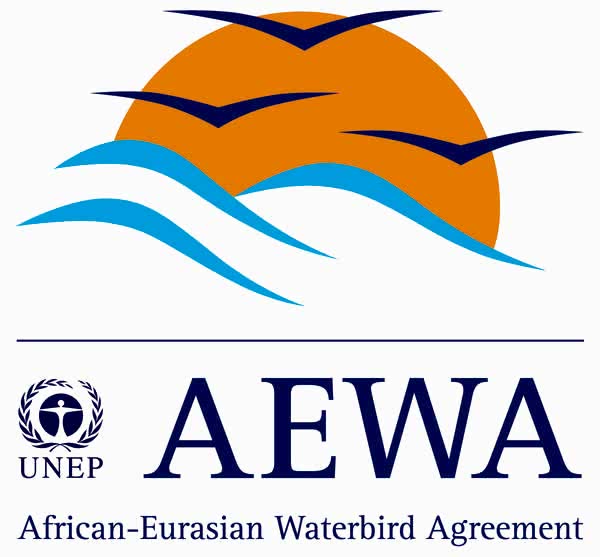Efficiency of feed utilization in Atlantic salmon (Salmo salar L.) fed diets with increasing substitution of fish meal with vegetable proteins
Published source details Opstvedt J., Aksnes A., Hope B. & Pike I.H. (2003) Efficiency of feed utilization in Atlantic salmon (Salmo salar L.) fed diets with increasing substitution of fish meal with vegetable proteins. Aquaculture, 221, 365-379.
Actions
This study is summarised as evidence for the following.
| Action | Category | |
|---|---|---|
Use an alternative protein source: plant-based Action Link |
Use an alternative protein source: plant-based
A replicated, controlled study in Norway comprised of two salmon, Salmo salar, feed trials (Opstvedt et al., 2003). In trial one the digestibility of crude protein from fish meal, full-fat soybean meal and maize gluten meal were similar at 89.3%, 76.9% and 87.0%, respectively. In trial two, increasing levels of fish meal substitution by plant-based protein led to a decrease in growth rates, protein digestibility and salmon condition. Additionally, the feed conversion ratio increased. Therefore salmon that were fed diets containing the highest levels of plant protein required 50g more feed to gain 1kg of weight. Trial one was conducted over 14 days. Groups of salmon were fed one of four different diets: a reference diet containing 89% fish meal and three experimental diets where 45 % of the reference diet was substituted by fish meal, full-fat soybean meal and maize gluten meal. Digestibility of protein was determined. Trial two was conducted over 104 days. Three diets were formulated that fish meal with a combination of full-fat soybean meal and maize gluten meal. Fish meal derived crude protein content in the three diets was 89%, 65% and 40% respectively. Eighty salmon were present in each treatment tank and were fed by automatic feeders under controlled environmental conditions. Growth rates and digestibility were measured.




















